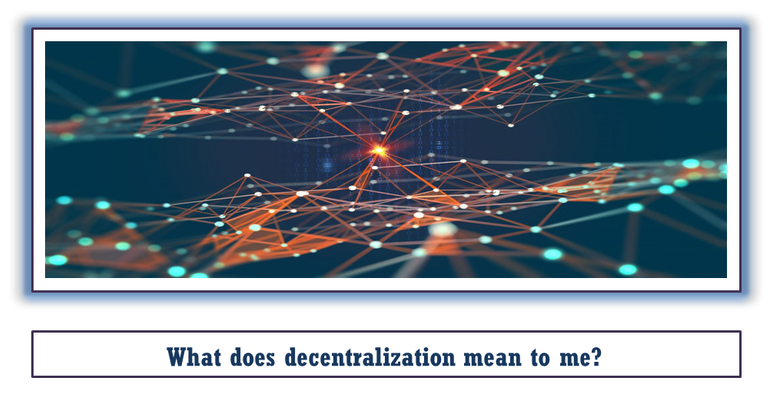
Since we are talking about social media, decentralized media, blockchain as an infrastructure to usher the era of decentralization, let's start with the internet first, which is distributed, decentralized; so it is hard to shut it down. So the number one benefit out of a distributed thing is that it has 100% uptime.
In a centralized social media, let's say Facebook, when you are using Facebook to share a piece of content or exchanging messages, you are being able to do so with a central entity. In a larger frame, the data of entire user-base is being controlled by a single entity and in a larger frame it has a significant monetary value in the context of data.
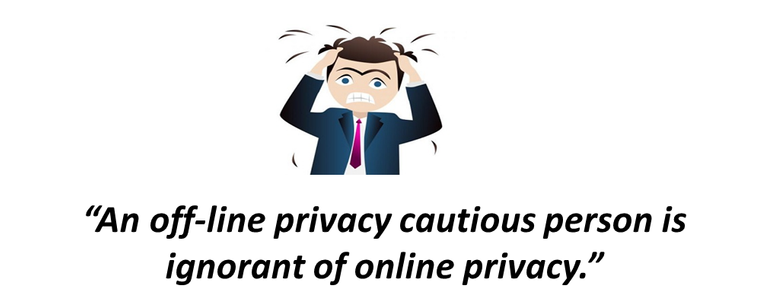
As an individual, you may be ignorant of your online data or privacy but when the same privacy is off-line, you are very serious and you really care about it, because you know the value of your off-line privacy, but you are unaware of the value of online privacy. Until now it was happening like that and the big corporations were making millions by selling the data of the users.
So the social networks control your data and information because they are all centralized because they are centralized, the probability of single-point failure is high, further, it becomes an attractive & cheap target for hackers. 100% uptime is not possible either. So the solution is decentralization.
What decentralization can bring-
- 100% uptime
- No central entity, because the network is distributed.
- Peer to peer exchange it possible.
- No interference and snooping- Better privacy
- Greater degree of freedom of expression
- Data trading is possible with the consent of the owner of the data.
- Absolute ownership of the account.
- Better economic opportunities.
Generally, a centralized network is a kind of top-down structure with a central entity at the top, whereas a decentralized network is flat and distributed. So naturally, the speed and performance in a centralized system are always better, whereas in case of a decentralized network it is difficult to achieve the same speed as a single thing is broken into a number of pieces and those pieces can independently communicate with one another. That is what we know as scalability, so decentralized networks struggle with scalability in general.
Unlike a centralized network, the data in a distributed network is not stored in a single place, rather stored and maintained & updated at a number of places in a distributed manner, we call that as nodes in a distributed network.
Although a distributed network is not necessarily a blockchain, the next better and organized version of a distributed network is Blockchain. The difference is that in Blockchain the stored data can not be altered or deleted, which means it is an immutable ledger. It is a chain of blocks, blocks are generally the record of data. The immutability features of Blockchain brings many applications to the table- voting, record keeping, transfer of value, smart contract, etc. There is a logic that the entire network draws that is called consensus and that plays an important role to secure a network.
Cryptography & encryption further fine-tune the blockchain network to enhance more privacy and enable a user to gain absolute control on data privacy. The user can only decide who can view/access his content.
But Blockchain is not just about a distributed network where absolute control of the account and better privacy is ensured, rather it is more than that and a blockchain-powered social network offers a space where democracy can be exercised in a true sense.
What does decentralization mean to me
For me, a decentralized blockchain is essentially open-source, permissionless & censorship-resistant and the participation in its governance has to be non-discriminatory. By keeping it open-source, we always bring innovation to the table, we always look for better improvement and anyone can contribute something better than the existing to make the ecosystem better & better.
Censorship-resistance is also essential as the network participant can voice their opinions freely in an ecosystem. They should not feel suppressed. That is also a kind of assurance to decentralization and democratization.
Then comes the most important part which is governance. In a decentralized network, the variance of opinions can be high, that is a natural thing but to govern a network like this a consensus is required to run it, protect it and govern it. The rules always going to reflect what a network as a whole wants.
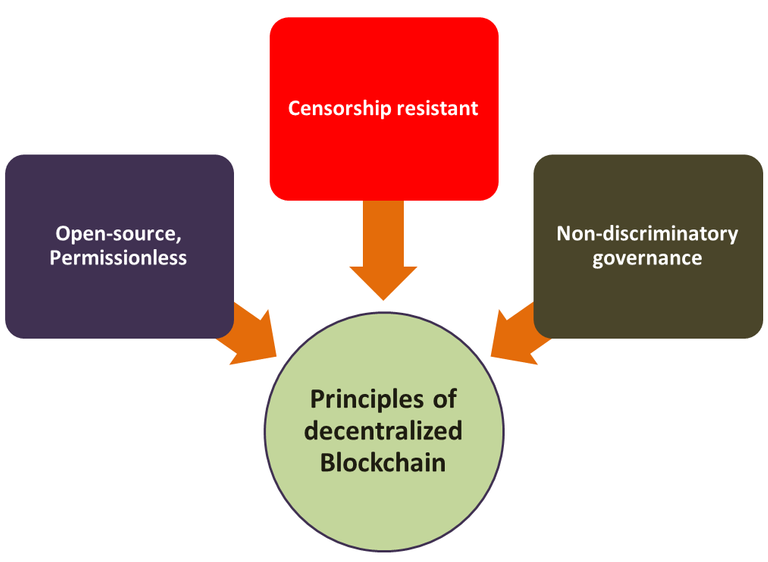
Many types of blockchain exist and one may be different from the other, so as their governance. But apart from that one distinct aspect, I would like to consider is that the governance has to be non-discriminatory, so that anyone can participate.
In the blockchain space, there is a tradeoff between scalability and decentralization. Depending upon what the network caters to, the suitable consensus and governance are followed. The modern blockchains are adopting DPoS in order to match the efficiency of a centralized network. Leveraging efficiency is not a bad thing, but how that is affecting the governance directly or indirectly should be debated more than often and in the long run, that is much more important.
I strongly feel that we are still experimenting with "decentralization", although the current version of decentralization is far better than the traditional centralized network, yet ultimate decentralization not achieved yet. However absolute decentralization may not yield a feasible product that we can use it in our daily life or from a business point of view. So from that point of view, we are on the right track as long as we are making it better than what we were.
Since we have long been driven through centralized networks we are conditioned to the habit of leaving it to a custodian or a third party. In a decentralized network we need to understand that it needs active participation and also what a bank or third party does on behalf of us, we have do that actively. With proactive participation only, the decentralized ecosystem can be made better.
In DPoS governance, just voting a witness does not achieve the objective of decentralized governance. We never deliberated on the core issues and anticipated threats, which means we were not serious about the decentralized governance, the same centralized habit of letting the things to a custodian continues and that is exactly the problem is.
Being in a decentralized social network like Steem the activism should have been much better & effective considering the fact that we have a greater degree of freedom of expression. There were loopholes, we were recognizing it but we were not organizing it effectively to activism, only after the fiasco, the activism intensified.
Since it is a decentralized network, each one of us needs to understand our responsibilities, we must have clarity what we are up to and we must express freely as and when needed in the context of governance, and ultimately we must act and show willingness to achieve a common objective of the community if that can happen, then governance will be automatic reflection of what the community want.
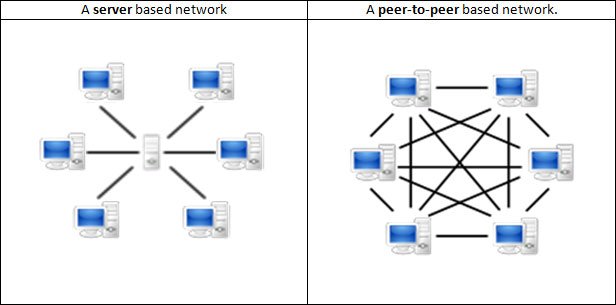
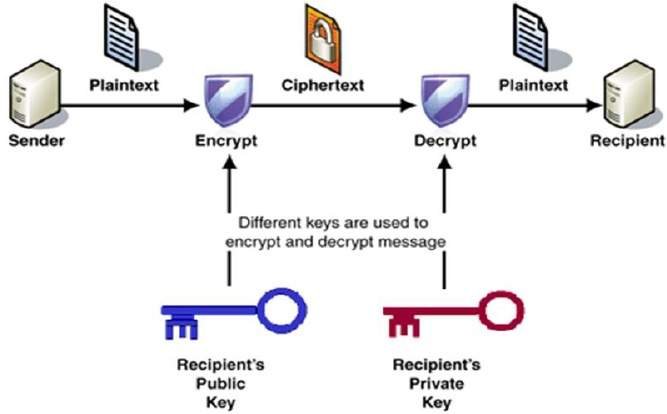
Here is the #posh link
Nicely written.
Thank you Sir.